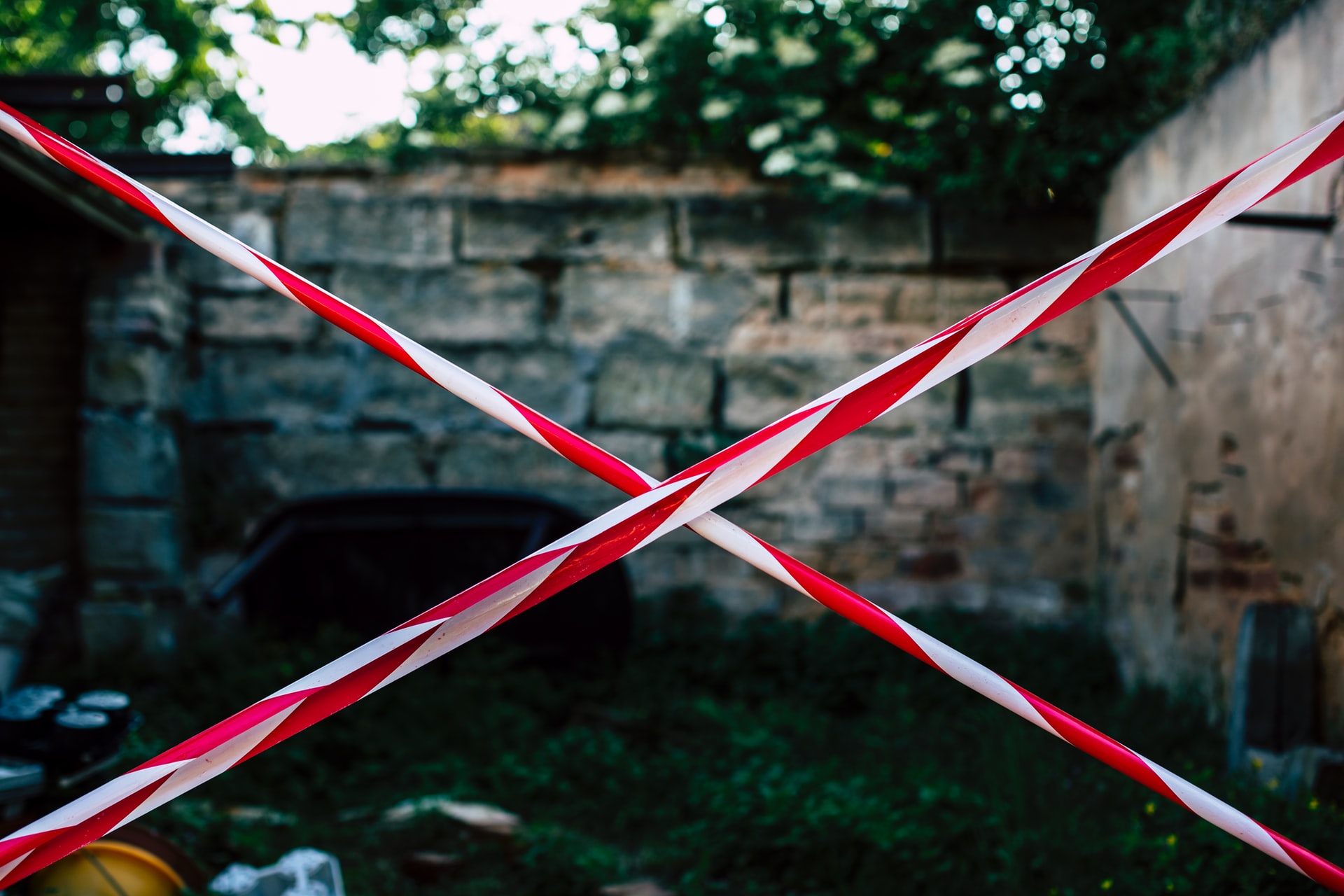On February 22, 2022, the issue of the Protection Bill in Iran, which aims to apply regulation to the internet, came to the fore. The bill, according to Iranian officials, is to support web users, but what is understood from the published explanations is quite the opposite, damaging at least 1 million small businesses. After the passing of this bill, thousands of companies, even large companies such as Instagram and Google, must send representatives to Iran and obtain licenses. Otherwise, their activities will be limited or impossible.
Gathering more than one million signatures
A few days after the July 28, 2021, when the Protection Bill was first introduced in the Iranian parliament, people created an online campaign, gathering more than one million votes against this bill in two months. The people and the local media have repeatedly protested, asking for an end to the process.
If they pass the bill, free internet access will not be available to everyone and people, depending on their jobs and level of education, will be able to access and use websites or apps. Taking into account Iran’s economy, inflation, low income and unemployment, and of course US sanctions, this bill will not be profitable.
Currently, Instagram is the only reputable platform of which millions of Iranians are members and the protests that took place in Iran over the last three or four years, especially before the pandemic, were immediately shared on Instagram. So the Islamic Republic cut off the Internet for seven days in November 2019. This outage lasted up to 10 days in some cities. For this reason, many experts consider this bill to be political to keep people away from the current information of society and the world, rather than for economic organization and the protection of users.
The ratification of the central elements of the Protection Bill
On February 22, 2022, the central elements of the Protection Bill were ratified. Many thought that the necessary infrastructure did not exist in Iran and that the protests had led the authorities to abandon the bill. For this reason, the publication of this news caused a wave of concern among Iranians again and, in less than a day, thousands of people reacted to it with the #NoToProtectionBill on social media.
Following the protests against the bill in the past few months, the commission made some changes but they were not significant and it seems like playing with the words to justify the bill because the fundamentals have remained the same.
At a meeting on February 22, 2022, 18 of the 25 members of the commission agreed with the bill, with only one person objected to it, who called its implementation to the detriment of the people.
Are people worried unnecessarily?
To answer this question, we need to look at the past and what the Islamic Republic has done. Twitter, Facebook, and Telegram are banned in Iran and you must use VPNs or proxy servers to unblock them. It’s ridiculous, but even officials and politicians use VPNs and are active on Twitter to spread their ideas. Plus, it is not possible to access many news agencies’ websites.
The Freedom House in the United States ranked Iran 14th out of 100, one of the least free countries in terms of Internet access. Numerous cases of temporary blocking of Internet access and the continuation of severe restrictions in Iran, low Internet speed and reduced bandwidth have all been influential in this study.
In November 2019, when the Internet was cut off all over the country, access to internal websites, such as the websites of universities, banks, and news agencies, was possible. Therefore, if they allocate a huge budget for this purpose, it is possible for the government to continue this process and strengthen the infrastructure. That is, the budget that should be spent on the welfare of more people is, instead, used to their detriment. Such budgets had previously been allocated to create Iranian websites and applications to replace foreign ones, but none were successful. People still prefer to use high-quality platforms like Google to use Gmail and search the web.
Another issue that has raised concerns is the election of Reza Taghipour Anvari as the head of the commission. He is a conservative politician who was the Minister of Communications during Mahmoud Ahmadinejad’s second term. He supports the bandwidth limitation and is on the European and American list of sanctions.
It seems that the officials of the Islamic Republic believe in limiting the Internet and that people should not be able to access information freely or use it as they wish. In other words, in their view, the information that enters Iran from foreign media should be selected and the content produced must be monitored so that the government can remove anything they think is contrary to their system. These kinds of conditions remind us of the situation in Russia and China.
Iranian Parliament vs. Commission
Two days after the ratification of the central elements of the Protection Bill, the Iranian parliament annulled the commission’s vote, but not because they oppose restricting the Internet. The parliament announced that the commission had previously submitted another bill and that the parliament would decide on the basis of the old one. The bill, which has now been approved by the commission, has been amended without the knowledge of the parliament.
Image credit: Markus Spiske

